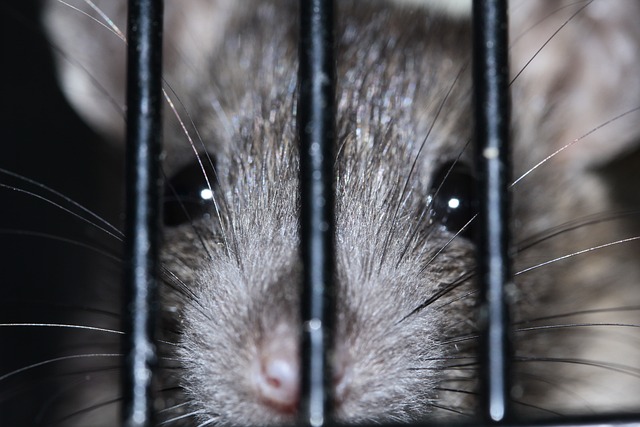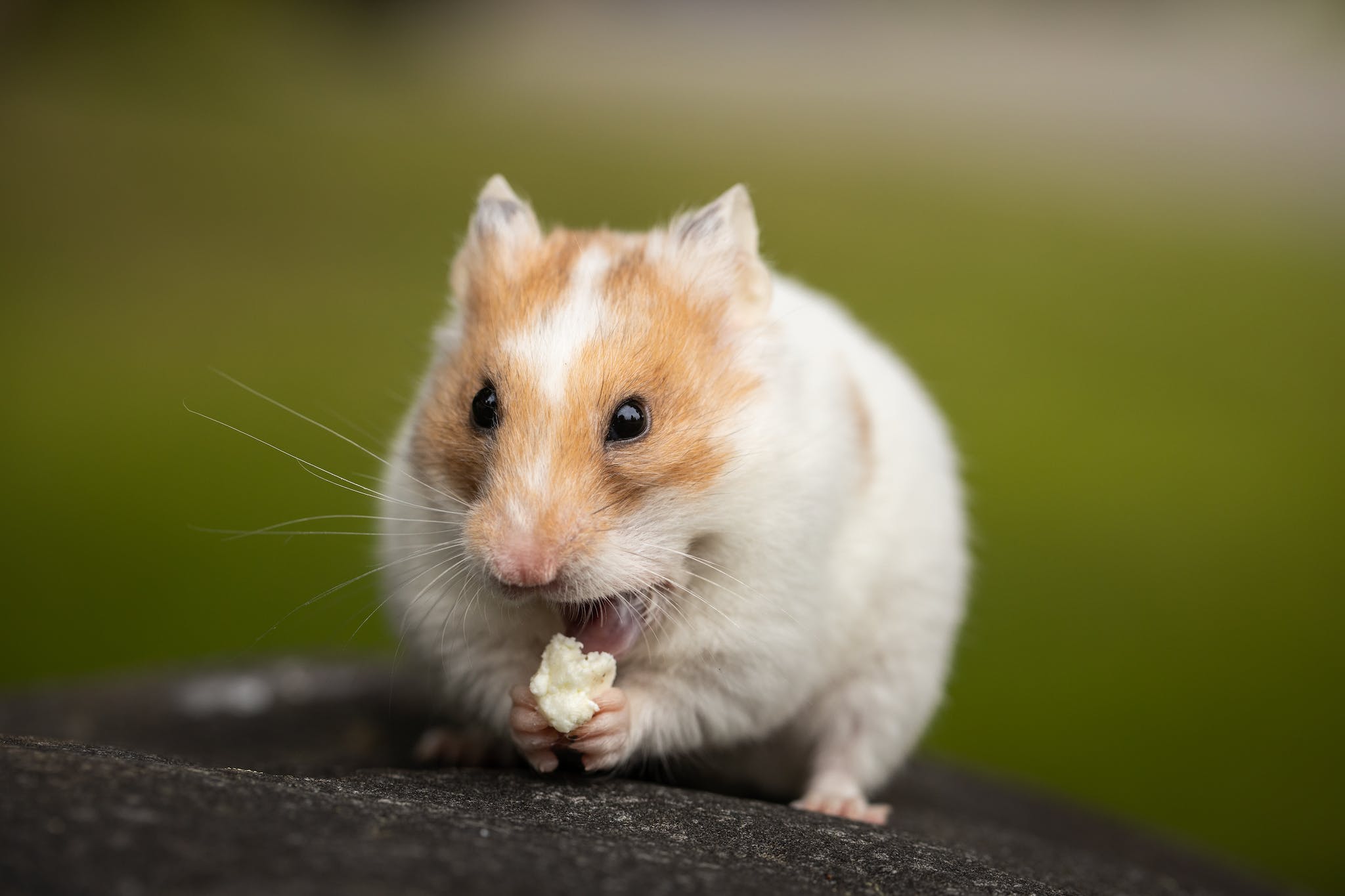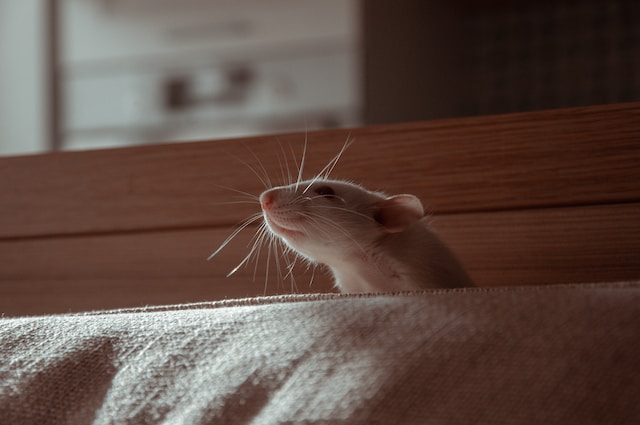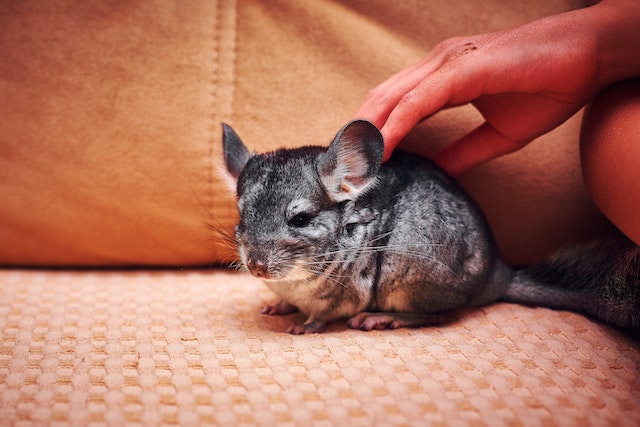Bye Bye Pet Rat Odor: Tips For Freshening Up Your Rat’s Cage!
There are some affiliate links below, but they are all products I highly recommend. For more info, view my disclosure here.
Pet rats can make wonderful pets, bringing joy and companionship to their owners. However, one aspect of rat ownership that can become unpleasant is the odor emanating from their cage. Rats are known for being active and curious creatures, which means that their cages require regular cleaning and maintenance to keep them odor-free and hygienic.
In this article, we will discuss the causes of cage odor, as well as tips and tricks for keeping your pet rat’s living space fresh and clean.
Understanding the causes of pet rat cage odor is crucial for effective prevention and management. Poor ventilation, improper cleaning techniques, and inadequate litter box training are some of the main culprits of cage odor.
Not only is an unpleasant smelling cage uncomfortable for both pets and their owners, but it can also pose health risks for the rats. Therefore, it is essential to implement a cleaning and maintenance routine that targets the causes of odor and ensures a healthy environment for your furry friends.
In the following sections, we will delve into the specifics of cleaning and preventing pet rat cage odor.
Causes of Cage Odor
The causes of pet rat cage odor, which can have negative health impacts on the rats, include urine buildup, use of absorbent bedding and objects, unneutered male rats’ musky scent and urine marking, and health issues such as Giardia infection.
Urine buildup in the cage can quickly cause an unpleasant odor, especially if the cage is not cleaned frequently. The use of absorbent bedding and objects such as wood or cardboard can also contribute to the odor, as they can absorb and retain the urine smell.
Unneutered male rats can have a stronger musky scent and are more likely to urine mark, which can also cause a strong odor in the cage. Finally, health issues such as Giardia infection can cause a putrid odor in the cage and should be addressed promptly.
It is important to note that strong odors in the cage can have negative health impacts on the rats. Rats have a finely-tuned sense of smell, and stinky smells are 100x stronger for them. This means that what may seem like a mild odor to a human can be incredibly overwhelming for a rat and could cause respiratory issues or other health problems.
Therefore, it is crucial to identify and address the causes of pet rat cage odor to ensure the health and well-being of the rats.
Cleaning and Maintenance
Regular cleaning and maintenance of the cage is crucial to eliminate any potential odors that may develop. The frequency of cage cleaning depends on the number of rats and the size of the cage. Generally, it is recommended to clean the cage once a week, but it may need to be done more frequently if there are multiple rats or if the cage is small.
To clean the cage, remove all objects and bedding, and dispose of any urine or feces. Wash the cage with hot, soapy water, and rinse thoroughly. Allow the cage to dry completely before adding fresh bedding and objects.
It is important to avoid using harsh chemicals, such as bleach, as they can be harmful to pet rats. Instead, use a pet-safe cleaner or a mixture of vinegar and water.
In addition to regular cleaning, it is also important to keep the litter box clean and to spot-clean any soiled areas in the cage.
By maintaining a clean and odor-free environment for your pet rats, you can help ensure their overall health and well-being.
Prevention and Management
Preventing and managing pet rat cage odors involves implementing proper cleaning techniques and addressing potential sources of odor, such as urine buildup and soiled bedding. Regular cleaning of the cage, litter boxes, and objects within the cage is essential to prevent odor accumulation.
Litter box training can also be effective in reducing odor, as it encourages rats to urinate in a designated area. Using plain newsprint as bedding can help absorb urine and reduce odor. However, wooden or cardboard objects should not be used as they can absorb urine and cause odor. Cloth items should also be avoided as they can retain urine odor even after washing.
Male rats may have a musky scent and urine mark, which can contribute to odor in the cage. Unneutered male rats may also produce stinky poop and have a muskier odor due to buck grease. Neutering male rats does not have health benefits unless there is aggressive behavior.
It may also be helpful to add vinegar or bleach to laundry when washing cloth items to eliminate odor. Additionally, using a laundry detergent labeled ‘Free and Clear’ can help reduce odor. By implementing these prevention and management techniques, pet rat owners can ensure their pets live in a clean and healthy environment.






